Explore the transformative power of ICD-10 strategies in combating obesity, reigniting hope for healthier futures in 2024.

Obesity, a multifaceted health concern, continues to challenge healthcare systems globally. The International Classification of Diseases, Tenth Revision (ICD-10), offers a standardized framework for understanding, diagnosing, and treating obesity. In 2024, as the prevalence of obesity persists, innovative ICD-10 solutions present renewed hope for effective management and prevention. This article delves into the latest advancements in ICD-10 strategies tailored to address the complexities in 2024.
1: Understanding the Contemporary Landscape of Obesity
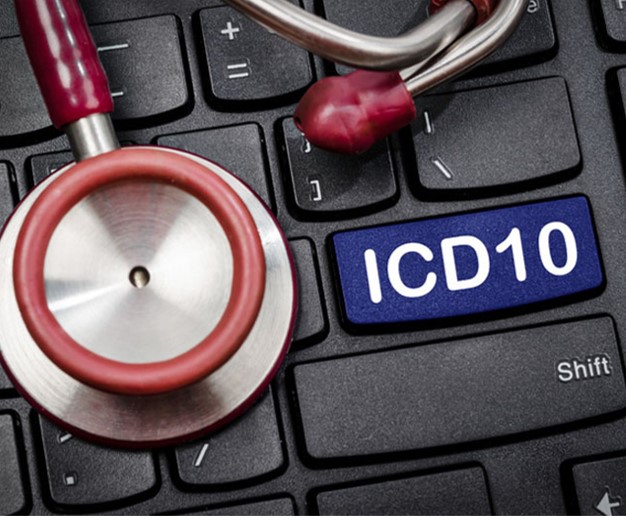
Global Obesity Trends:
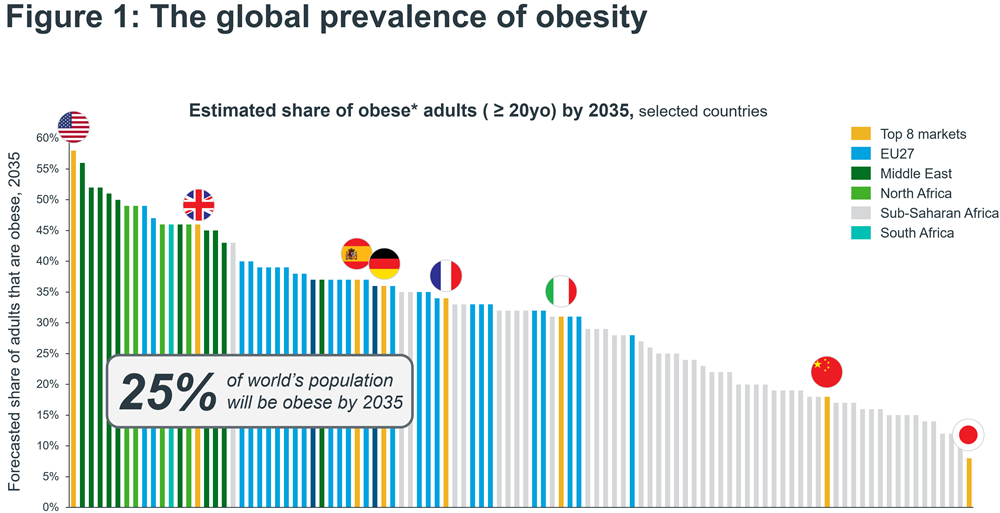
- Overview of the current global obesity epidemic, highlighting prevalence rates and regional disparities.
- Emerging trends in obesity prevalence, including the impact of socioeconomic factors, urbanization, and cultural influences.
Health Implications of Obesity
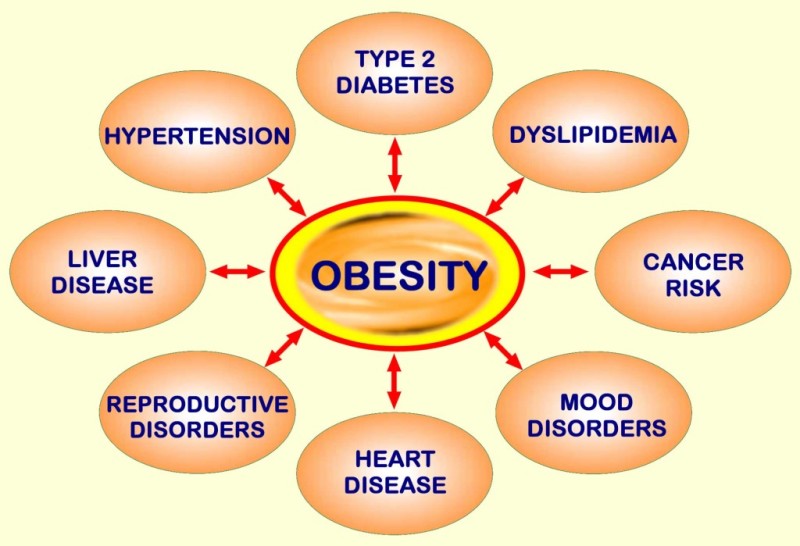
- Discussion of the diverse health consequences associated with obesity, spanning chronic diseases, mental health disorders, and reduced quality of life.
- Analysis of the economic burden of obesity on healthcare systems and society at large.
2: Evolution of ICD-10 Solutions
Enhanced Diagnostic Criteria:
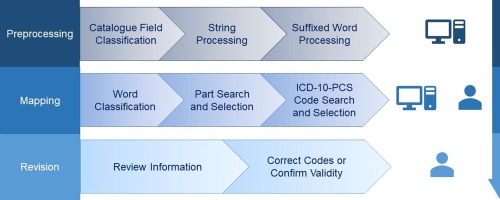
- Updates to diagnostic criteria within the ICD-10 framework, emphasizing the integration of novel assessment tools and biomarkers.
- Consideration of obesity as a complex, multifactorial condition requiring comprehensive evaluation beyond traditional metrics such as BMI.
Expanded Code Set:
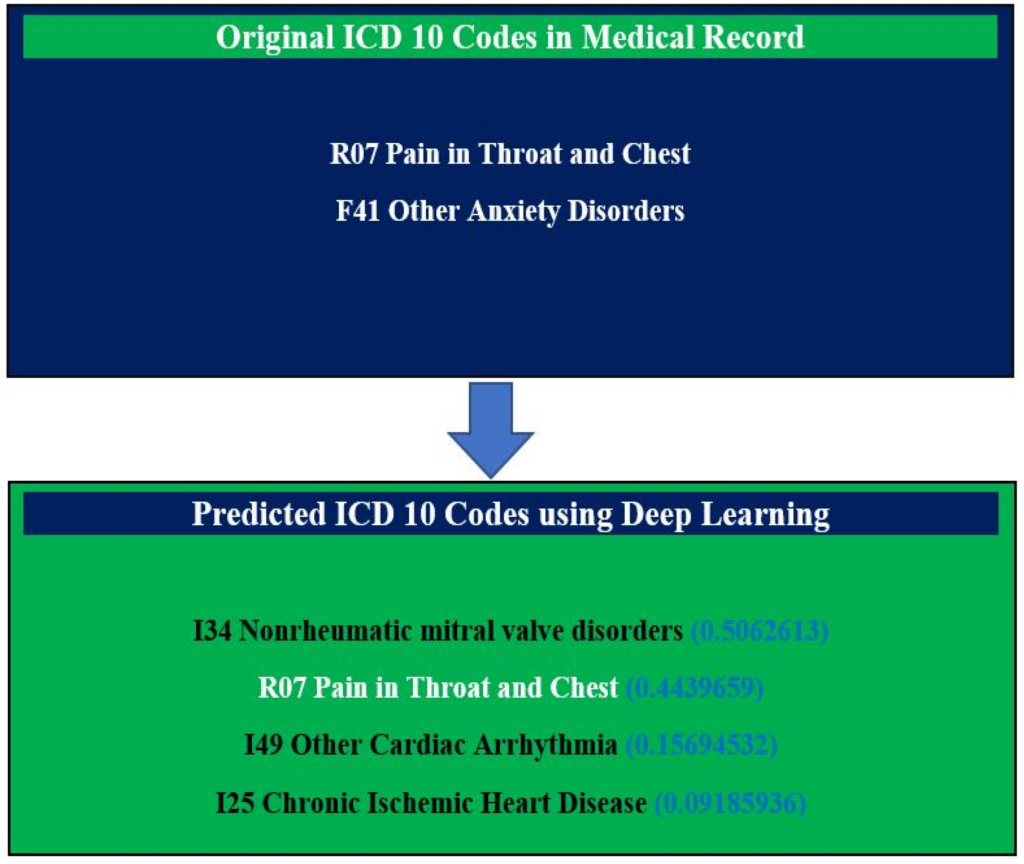
- Exploration of expanded ICD-10 code sets to capture nuances in this diagnosis and classification, including codes for obesity-related comorbidities and complications.
- Implications of improved coding specificity for epidemiological research, healthcare policy development, and resource allocation.
3: Innovations in Obesity Treatment and Management
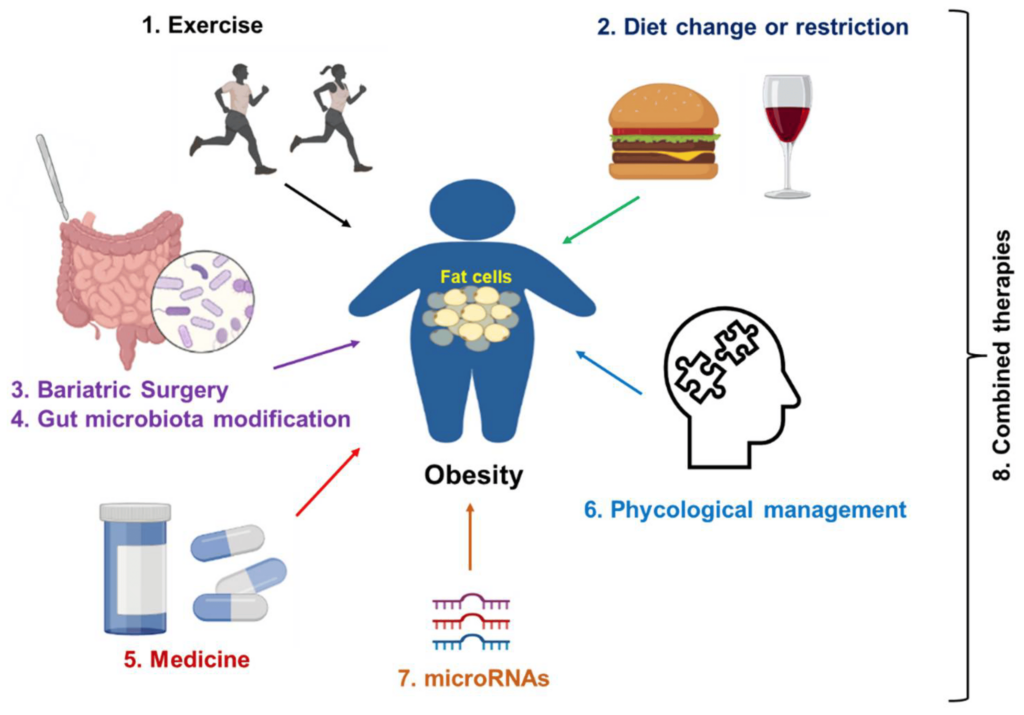
Personalized Therapeutic Approaches:
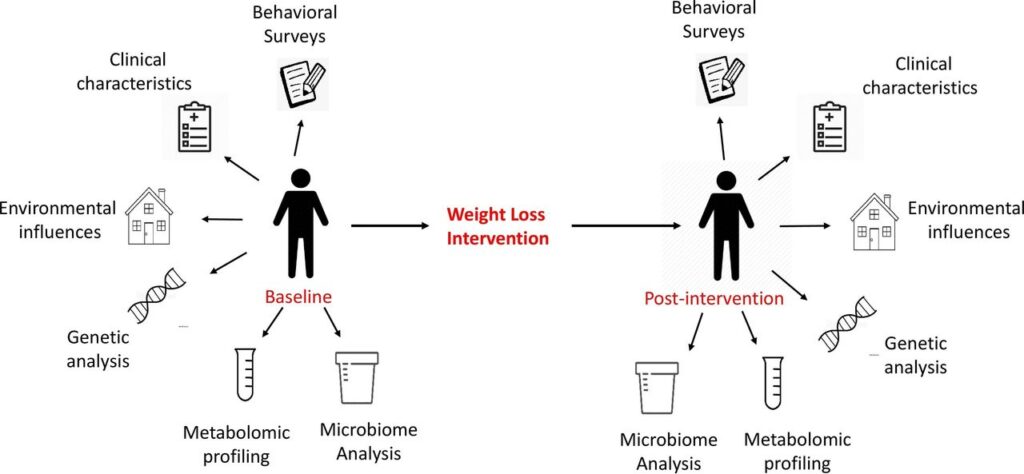
Personalized medicine and genetic profiling make obesity treatments fit each person’s unique body. Wearable devices and mobile apps also help customize treatments and encourage lasting habits.
Multidisciplinary Care Models:
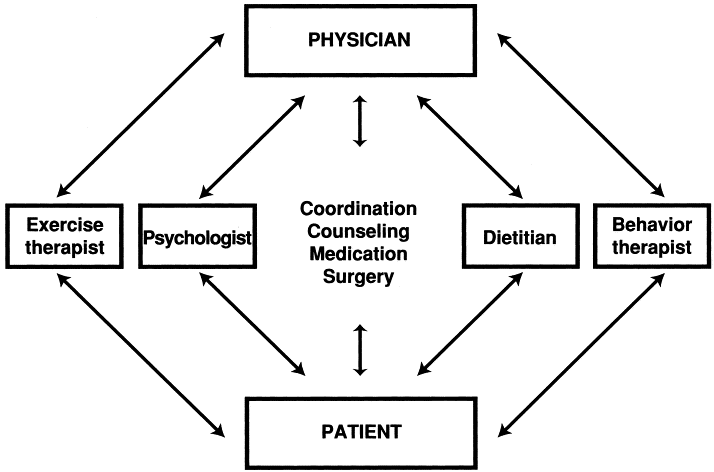
Doctors, dietitians, psychologists, and surgeons team up to help people with obesity. We make sure patients are involved in decisions and support them throughout their treatment for better results.
4: Addressing Social Determinants of Obesity Through ICD-10 Solutions
Socioeconomic Interventions:
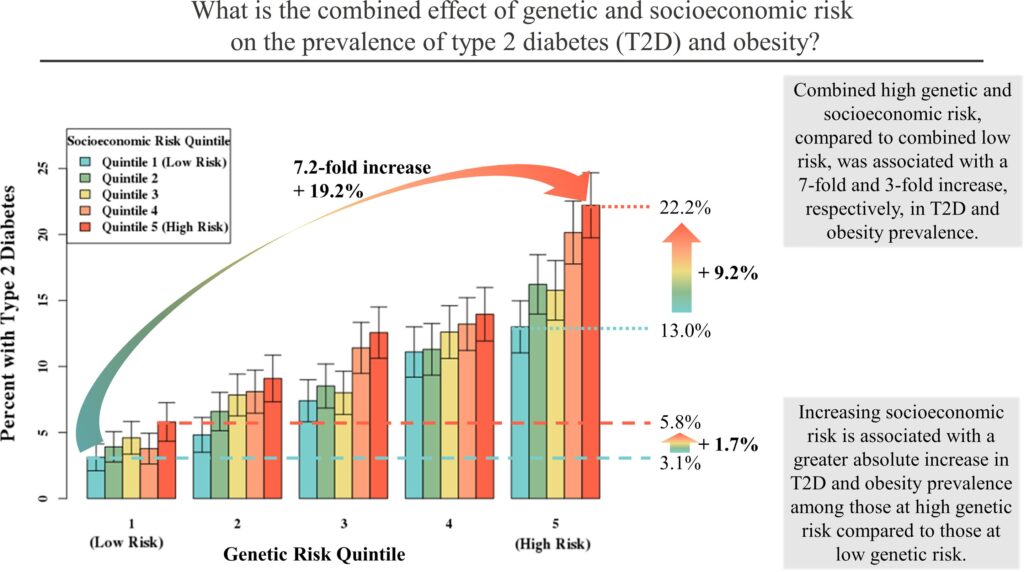
Using ICD-10 data to find out how money and opportunities affect obesity rates. Then, making plans to help, like making sure everyone can get healthy food and safe places to exercise in areas that don’t have as much.
Community Engagement Initiatives:
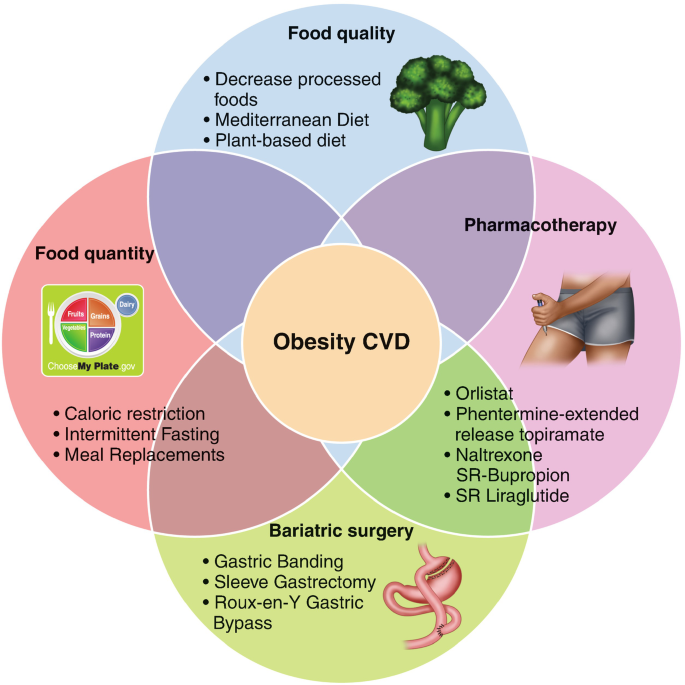
Using ICD-10 data to understand what communities need to prevent obesity, and working with groups like schools and local government to make plans that fit each community’s culture. We also work with community organizations to make sure these plans last and help people change their habits for the long term.
Conclusion:
In 2024, the intersection of obesity management and ICD-10 solutions offers a beacon of hope in the fight against this pervasive public health crisis. By embracing innovative approaches to diagnosis, treatment, and prevention within the ICD-10 framework, healthcare systems can reignite efforts to combat obesity and improve health outcomes for individuals and communities worldwide.


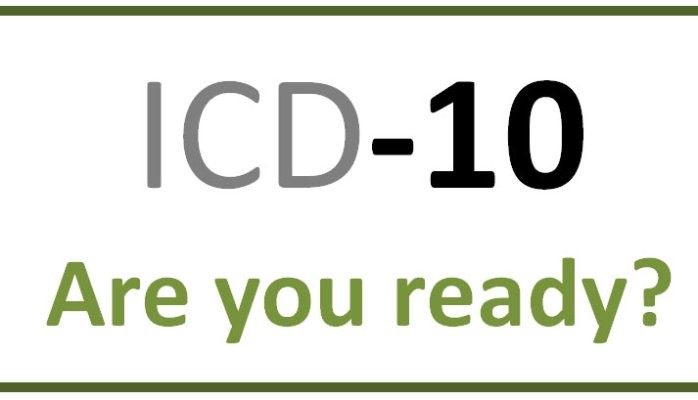
0 Comments